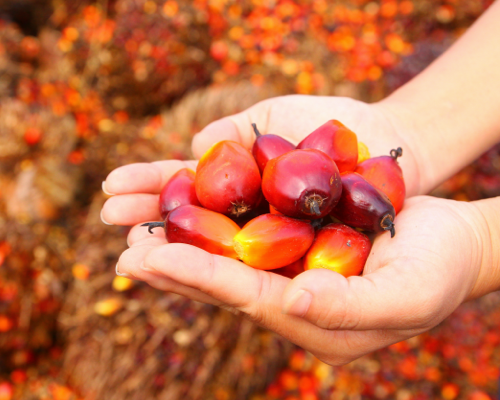Sustainable Palm Policy
FAL recognizes that palm oil is one of the key ingredient it trades and processes within its business. FAL believes that to ‘Deliver Excellence’, it is important to consistently ‘Achieve Excellence’ through efficient management of present resources to meet future needs. It acknowledges that sustainability in the palm oil production is of utmost importance to the world and subsequently to its business as well.
FAL also aspires to embark on contributing to the United Nations (UN) Sustainable Development Goals (SDGs), specifically related to sustainable production and consumption, ensuring food security and nutrition, ending poverty, combating climate change, halting biodiversity loss, land degradation and deforestation. This policy reflects our commitment to support the move towards full sustainability in the palm oil industry and marks an important milestone in our journey to invest in realizing the full potential of palm oil for sustainable development and ultimately, a sustainable future.
SCOPE OF THE POLICY
This sustainability policy frames the commitment surrounding the sourcing and processing of palm oil that applies to FAL in India. The company will work closely with suppliers and engage all relevant stakeholders whenever necessary to help them apply and comply with this policy within a reasonable timeline and benefit from its implementation.
COMMITMENTS
This policy strengthens FAL’s commitment to work more proactively with stakeholders so as to deliver palm oil in accordance with “No Deforestation, No Peat and No Exploitation” NDPE practices. FAL is a member of Roundtable on Sustainable Palm Oil (RSPO) and we are committed to pursuing increased volumes of RSPO-certified materials purchased, processed and traded.
Traceability acts as a fundamental first-stage assessment to understand the risks and opportunity for improvement with respect to the palm oil sourced and processed in our facility. We will work closely with our suppliers to improve transparency and traceability of its supply base and ultimately achieve full traceability to the mills.
FAL recognizes the importance of partnership with stakeholders to deliver its goals. This includes helping to improve the smallholder inclusion in the sustainable palm oil supply chain, enhancing their productivity and thus reducing the risk of expansion, which often threatens High Conservation Value (HCV) areas and High Carbon Stock (HCS) forests. FAL promotes and communicates sustainability practices and collectively works with suppliers towards the further transformation of the palm oil industry.


